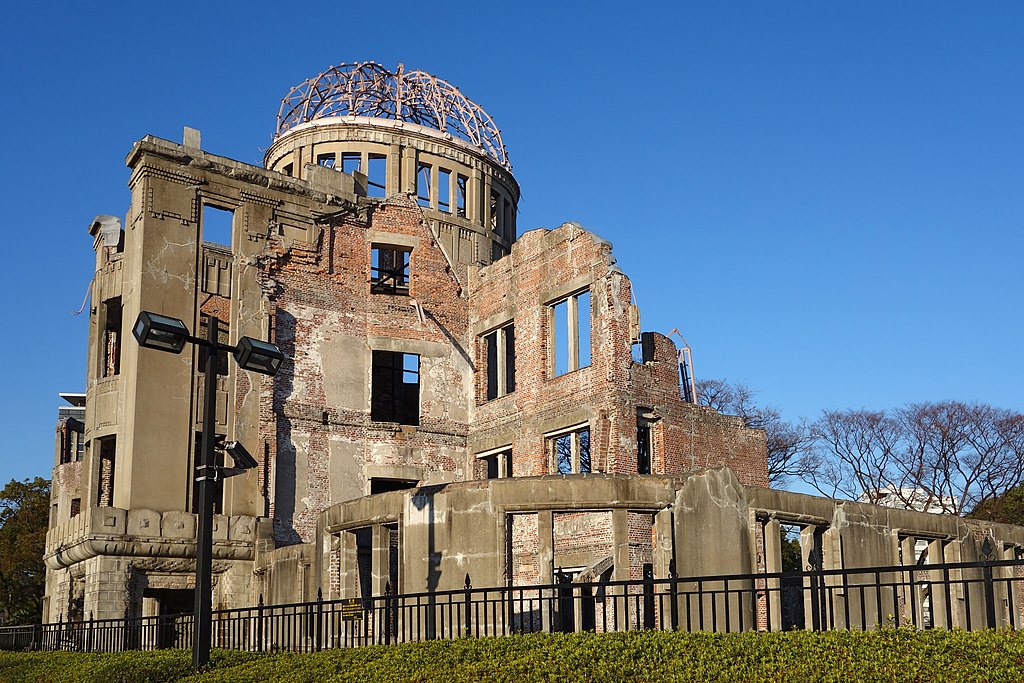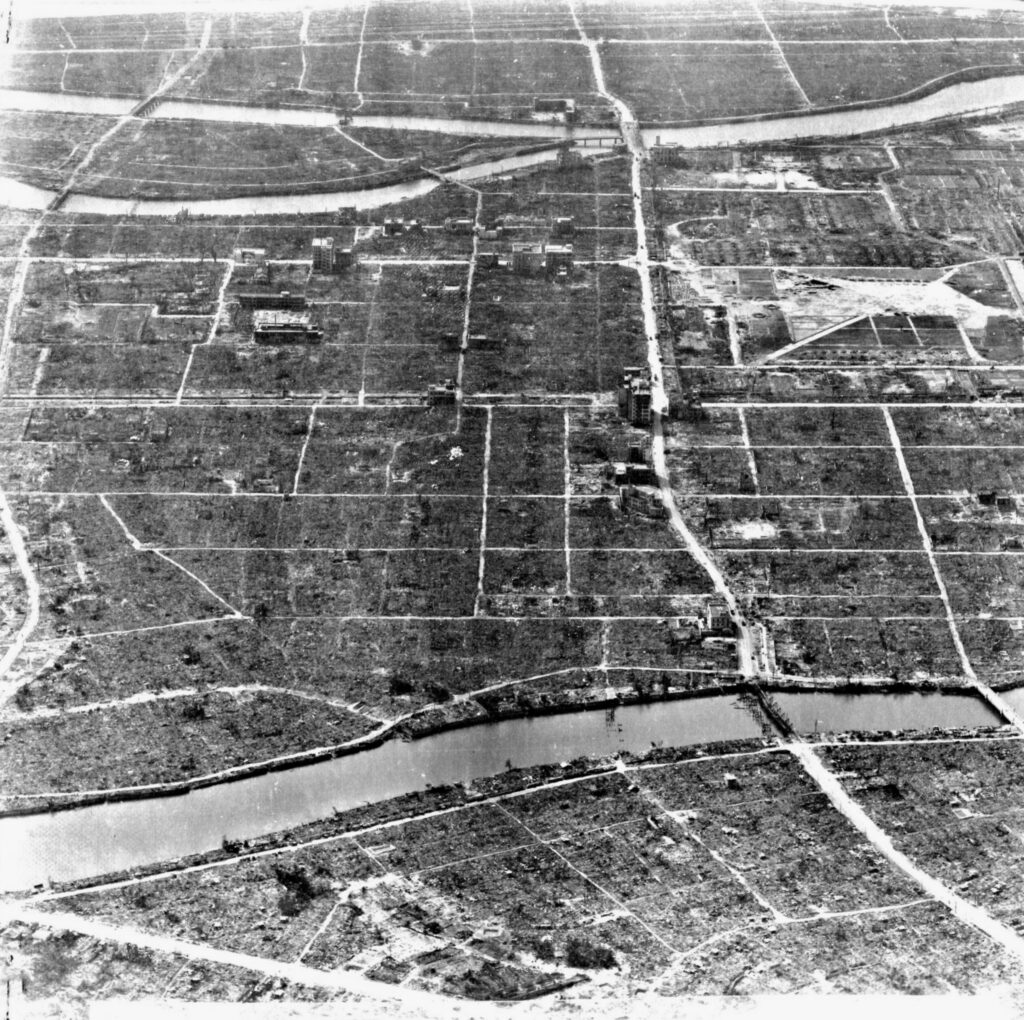Today marks 78 years since the United States dropped an Atomic Bomb on the city of Hiroshima, Japan. This event came just under a month since the Trinity test, the first test detonation of a nuclear weapon.
Every time this day rolls by the world of social media, namely ex-Twitter, seems to make a big fuss over the fact that the atomic bombings of Hiroshima and Nagasaki happened, in a way as if to vilify the United States for taking the choice of action to use these weapons to, hopefully, end the war as quickly as possible.
Understand this — I will never not think of the events as tragedies. They were, in so much as virtually everything that happens in war is a tragedy. I certainly hate that the events happened, but I also understand in context why the decisions were made that lead to these events, and why they were truly the lesser of two evils: That is to say, the least horrible of the choices available.
Remember, this is an incredibly complicated topic and I’m barely scratching the surface here: This is very much a “look into the details yourself to really see what I mean” kind of article.

You must understand that the Pacific war was an incredibly bloody affair, to say the least. A campaign of island hopping done by the United States to chip away at Japanese owned territories had left high causalities on both sides. The Japanese fought with absolute dedication, sacrificing themselves readily to accomplish their own objectives. Surrender was, generally, not an option, and they would either go out fighting or take themselves out if captured. In short, they were an unconventional enemy that simply wouldn’t give up.
Yet still, as resources began to run out for Japan the United States was able to take hold of more and more territory, eventually, in the Summer of 1945, reaching the area of Japan proper in the capture of Okinawa, which would be used as a base for the planned invasion of the Japanese mainlands, known as Operation Downfall.
It should be understood that Operation Downfall would have been many times the size of the Normandy invasion in June of 1944 and would have been far, far worse in the terms of casualties on all sides as, in simple form, all evidence pointed to the idea that to invade Japan would mean fighting the entire population of the nation! Millions of civilians may well have done everything they could to stop American advancement.
It is truly something that one cannot fully wrap their mind around, yet this is was the likely reality in the Summer of 1945. With the advent of nuclear weapons, the United states had, it felt, a way to force Japans hand, so to speak, and so the decision was made to use nuclear weapons on a few select cities in the hopes of Japan choosing to surrender.
It should be understood that the United States had been firebombing cities in Japan for years — this was a war, after all, and it should also be understood that Japan had done their own level of pretty horrible things, like Unit 731, among a great many other topics I won’t get into here. My point is, this was a war in a different time, under different circumstances than we see the world today. Targets were chosen for specific reasons, and everything was heavily considered before action was taken — at least, as well as it could have been in that time.
The goal was to end the war with as little more life lost as possible, and Hiroshima and Nagasaki did that. We did not have to invade the main islands, and millions of people did not have to die for the Emperor. While the surrender of Japan was not an overnight action, it did happen, and the war ended. Tragidies, to be sure, but ones which helped to stop and even greater horror from happening.

Some comment on the fact that, under whatever circumstances, these bombings brought nuclear weapons into actual use and while yes, they are absolutely horrible, they were inevitable. As knowledge grew it seems humans were destined to unlock the power of the atom. Germany had its own nuclear program during the war and, thankfully, they failed to develop the bomb before their surrender in May of 1945.
Of course once one nation has a weapon, everyone wants it, and soon the US and the Soviet Union were at each others throats in a nuclear arms race that we are still seeing side effects of. This was also, sadly, unavoidable. It’s just human nature, as tragic as that is. We should just be glad that we only have the examples of Hiroshima and Nagasaki to show the true horror of Nuclear War, and that these events happened almost 80 years ago.
As always, I suggest you look into the subject in more detail — I’ve only scratched the surface and could easily have a few mistakes in my understanding of things.
https://en.wikipedia.org/wiki/Atomic_bombings_of_Hiroshima_and_Nagasaki
